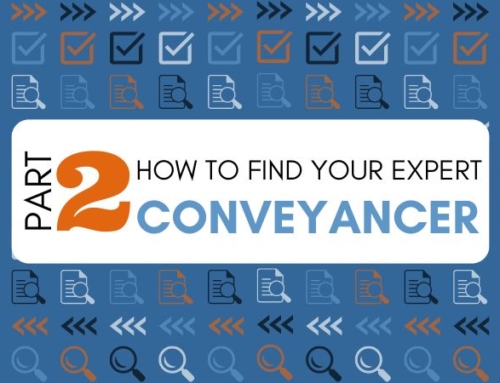In the recent case of Parsons vs. Airplus International, Ms Parsons made a number of disclosures to her employer in her role as legal compliance officer for the company. The company found her rude and difficult to deal with and eventually sacked her after just 6 weeks.
Ms Parson sued her employer and claimed that the disclosures she had made were protected disclosures under the whistleblowing rules and that her dismissal was automatically unfair.
Whistleblowing Rules
Under whistleblowing rules, a key factor is that disclosure must be in the public interest. The rules in fact come under the Public Interest Disclosure Act 1998 and are there so that people can speak out if they find wrongdoing in an organisation. It is possible for a disclosure made in a worker’s self-interest to also be made in the public interest but the key point is that the worker must believe that it is in the public interest. In this case the tribunal decided that Ms Parsons had only been acting in her own interest and rejected her claim.
If you have an employee who comes to you with a whistleblowing disclosure, we recommend contacting a member of our employment law team as soon as possible as the implications can be far reaching.
The Backhouse Solicitors Team
Tel: 01245 893400
Email: info@backhouse-solicitors.co.uk
Web: www.backhouse-solicitors.co.uk





